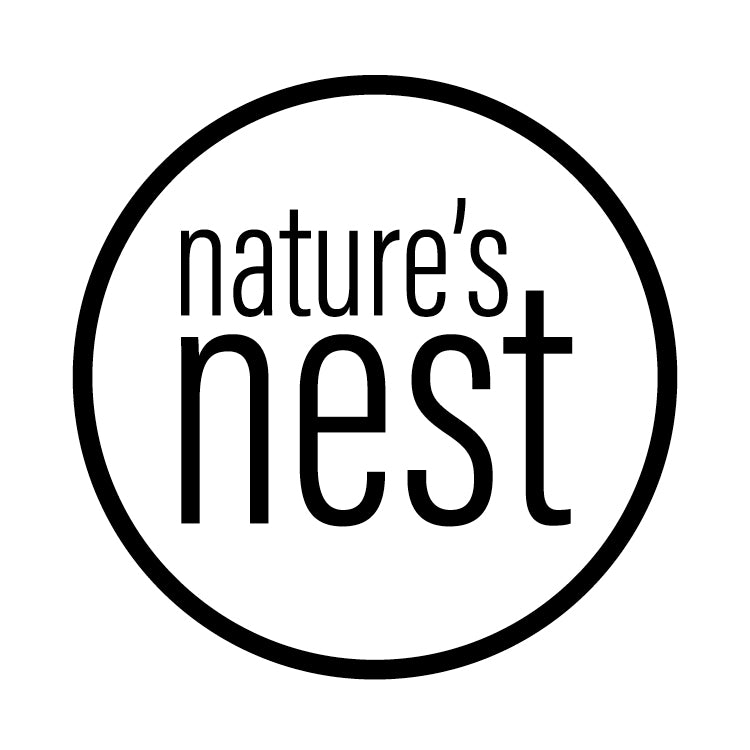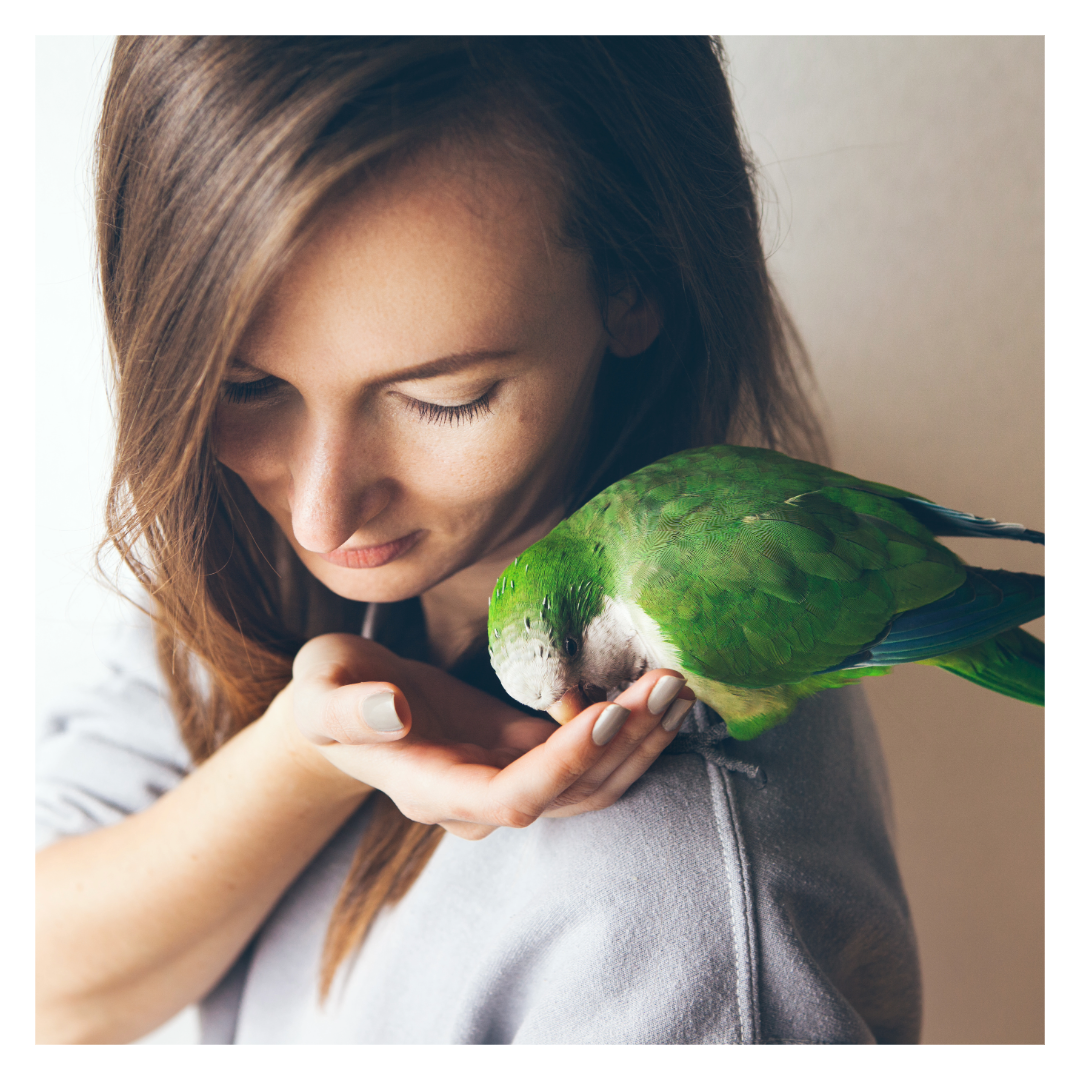Pet birds bring joy and companionship to our lives, but ensuring their dietary needs are met can sometimes be a challenge. Selective feeding, where birds pick and choose certain foods over others, is a common behavior that can lead to nutritional deficiencies if left unchecked. We wrote this blog with the invaluable expertise of Dr. Coetzee de Beer at the Centre for Avian, Reptiles, and Exotics - one of South Africa’s most qualified avian veterinarians. In this blog, we'll explore strategies to overcome selective feeding and ensure that your pet birds receive the essential nutrients they need, including the importance of maintaining pellets in their diet.
Understanding Selective Feeding:
Selective feeding occurs when birds preferentially eat certain foods while ignoring others, potentially leading to imbalances in their diet. While pellets are a crucial component of a bird's nutrition, they may be overlooked in favor of more appealing options, such as fresh fruits and vegetables. However, it's important to prioritize the consumption of pellets to ensure your bird receives a complete and balanced diet.
The Importance of Pellets in Avian Nutrition:
It cannot be overstated that pellets should comprise the majority of your bird's daily food intake, accounting for approximately 60% of their diet. Pellets are specifically formulated to provide a balanced combination of vitamins, minerals, and essential nutrients that are essential for your bird's health and well-being. By prioritizing pellets in your bird's diet, you can ensure that they receive the necessary nutrition to support their immune function, promote proper growth and development, and maintain overall vitality.
Remember, a balanced diet is crucial for the long-term health and happiness of your pet bird. By implementing these strategies and emphasizing the importance of pellets, you can help combat selective feeding and provide your feathered friend with the nutrition they need to thrive.
Strategies to Combat Selective Feeding - To encourage your pet bird to consume pellets and avoid selective feeding, consider implementing the following strategies:
The Importance of Pellets in Avian Nutrition:
It cannot be overstated that pellets should comprise the majority of your bird's daily food intake, accounting for approximately 60% of their diet. Pellets are specifically formulated to provide a balanced combination of vitamins, minerals, and essential nutrients that are essential for your bird's health and well-being. By prioritizing pellets in your bird's diet, you can ensure that they receive the necessary nutrition to support their immune function, promote proper growth and development, and maintain overall vitality.
Remember, a balanced diet is crucial for the long-term health and happiness of your pet bird. By implementing these strategies and emphasizing the importance of pellets, you can help combat selective feeding and provide your feathered friend with the nutrition they need to thrive.
Strategies to Combat Selective Feeding - To encourage your pet bird to consume pellets and avoid selective feeding, consider implementing the following strategies:
- Consistency is Key: Establish a consistent feeding routine that includes pellets as a central component of your bird's diet. Offer pellets at the same time each day to help reinforce their importance in your bird's mealtime routine.
- Dietary Variety: While pellets should make up the majority of your bird's diet (approximately 60%), it's important to provide variety by offering a mix of fresh fruits, vegetables, and other healthy treats. This variety can help prevent boredom and encourage your bird to explore different foods without neglecting their pellets.
- Monitor Consumption: Keep an eye on your bird's eating habits to ensure they are consuming an adequate amount of pellets. If you notice selective feeding behavior, gently encourage your bird to eat pellets by offering them alongside their favorite foods.
- Pellet Foraging Toys: Incorporate pellet foraging toys into your bird's environment to encourage natural foraging behaviors. Hide pellets inside toys or puzzle feeders to stimulate your bird's curiosity and engagement with their food.
- Pellet Sprinkles: Sprinkle crushed pellets over your bird's favorite foods, such as fresh fruits or vegetables, to gradually introduce them to the taste and texture of pellets. Over time, increase the proportion of pellets to encourage your bird to consume them willingly.
- Pellet Training: Use positive reinforcement training techniques to teach your bird to associate pellets with rewards. Offer pellets as treats during training sessions and praise your bird for eating them, reinforcing the idea that pellets are desirable and rewarding.
- Pellet Soaking: Some birds may prefer softer textures, so try soaking pellets in water or fruit juice to make them more palatable. Gradually reduce the soaking time to encourage your bird to eat dry pellets. Just note that wet pellets should not be left in their bowl for more than 12 hours.
- Limiting Treats: Minimize the amount of high-fat or sugary treats in your bird's diet to prevent them from filling up on less nutritious foods. Instead, prioritize pellets as the main source of calories and nutrients in their diet.
- Consultation with Avian Veterinarian: If your bird continues to exhibit selective feeding behaviors despite your efforts, seek guidance from an avian veterinarian. They can assess your bird's overall health and provide personalized recommendations to address any underlying issues contributing to selective feeding.
Conclusion:
Overcoming selective feeding and ensuring that your pet birds receive a balanced diet requires patience, consistency, and a commitment to prioritizing pellets as a fundamental component of their nutrition. By following the strategies outlined in this blog and seeking guidance from avian professionals, you can help your feathered friends maintain optimal health and well-being for years to come. Remember, a balanced diet is key to a happy and healthy life for your beloved pet birds.

